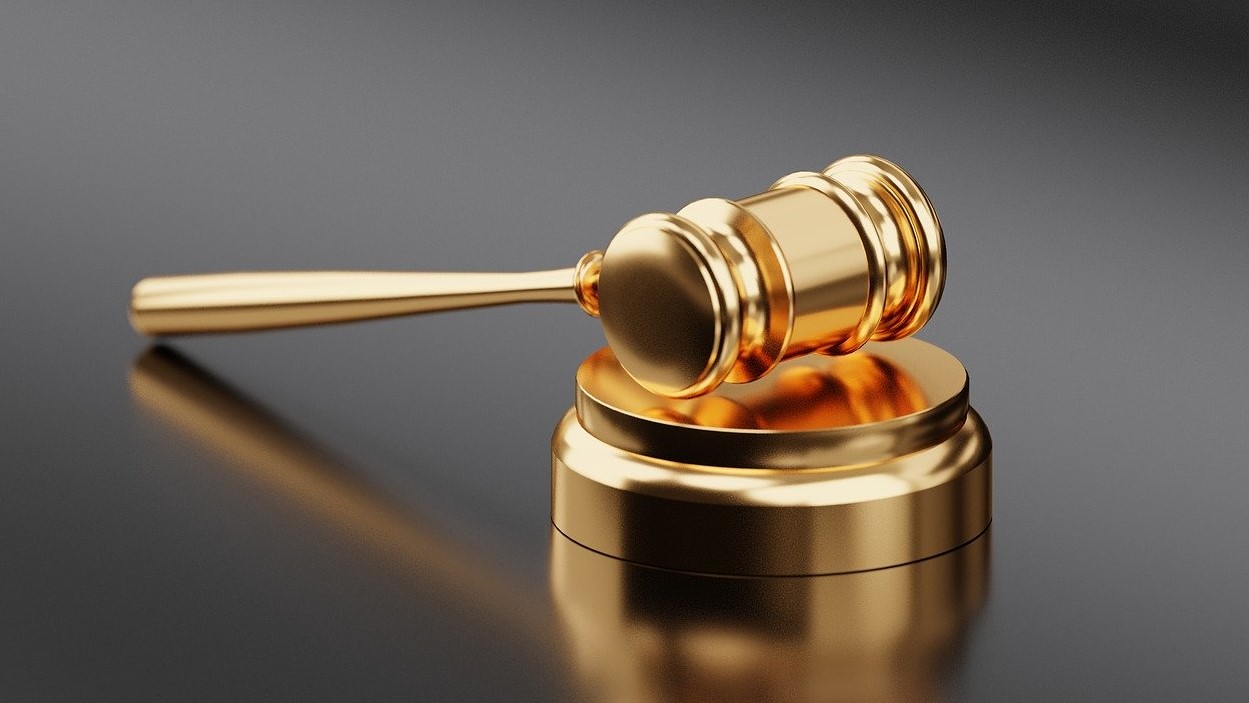Filming in Crown Court – What Will Be Filmed and Why?

Filming and Broadcasting In Court – Why is it being allowed? And What Are the Implications?
It has long been a criminal offence to take photographs or make recordings in court; even sketch artists have to sketch from memory rather than while in court.
There have recently been several high profile cases where people have been charged for recording proceedings in and around courts.
In 2011 an 85-year-old man was sent to prison for recording court proceedings, and Stephen Yaxley-Lennon (commonly known as Tommy Robinson) recently faced contempt of court proceedings as a result of live-streaming video outside court. He filmed himself also commenting on an ongoing trial and was sent to prison. These are just two examples of many.
So why the change of mind?
Changes began with the live streaming of court proceedings in the UK Supreme Court. In 2013 certain proceedings in the Court of Appeal were selected for filming and broadcast by the media. In 2018 a pilot commenced in the Court of Appeal whereby the Court selects the hearings to be streamed. The lower courts have never been filmed and broadcast in this way.
The government has published a draft law which, if passed, will allow filming in the Crown Court for the first time.
What is proposed?
Filming will be allowed in relation to sentencing remarks only and no other court user, including witnesses, jurors or court staff, will be filmed.
Why?
The reasoning behind allowing sentencing remarks to be filmed is that the public will be able to hear judges explain the reasons behind the sentences for the most serious offences.
Can anyone make a recording, what are the rules?
No just anyone will be able to go into court and make a recording. The proposed legislation states that –
1. recording is only of the judge when making sentencing remarks in court
2. recording is by a person who is permitted in writing by the Lord Chancellor, and, who assigns the copyright to the Lord Chancellor
3. recording only takes place with the permission of the judge, and following any conditions imposed by the judge.
In the first stage of this project only cases sentenced by the most senior judges will be broadcast. If the changes are successful, this is likely to be extended to all crown court cases.
What about broadcasting a recording?
Only recordings made in accordance with these rules can be broadcast, and the broadcast cannot breach any applicable reporting restriction.
Any report of the proceedings that includes a broadcast of the sentencing remarks must be fair and accurate, and have regard to-
1. the overall content of the report or presentation; and
2. the context in which the broadcast is presented.
A broadcast must not be for the purposes of –
1. a party political broadcast;
2. advertisement or promotion, except where such advertisement or promotion relates to a report or presentation of proceedings that includes a broadcast;
3. light entertainment;
4. satire.
When will this happen?
The timescale will depend on the passage of the legislation through Parliament, so no date has yet been fixed.
We will be monitoring this development closely in order to assess what impact it has on overall sentencing levels, and to ensure there is no element of ‘playing to the gallery’ in order to satisfy the thirst that some people have for even longer sentences to be handed down.
Contact Us
If you have any questions or concerns regarding filming in Crown Court cases, then feel free to get in touch by either calling us now on 0161 477 1121 – or email us


